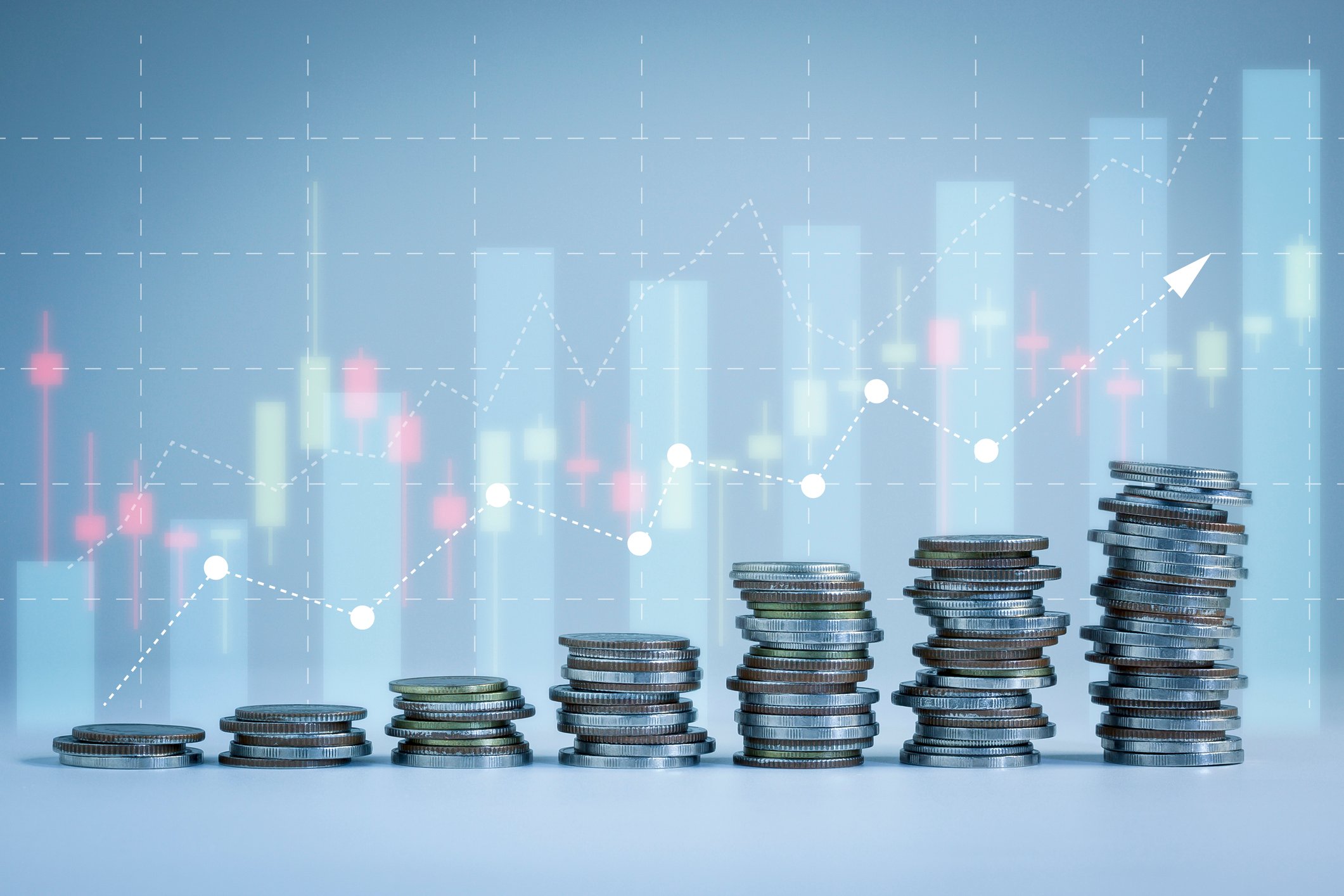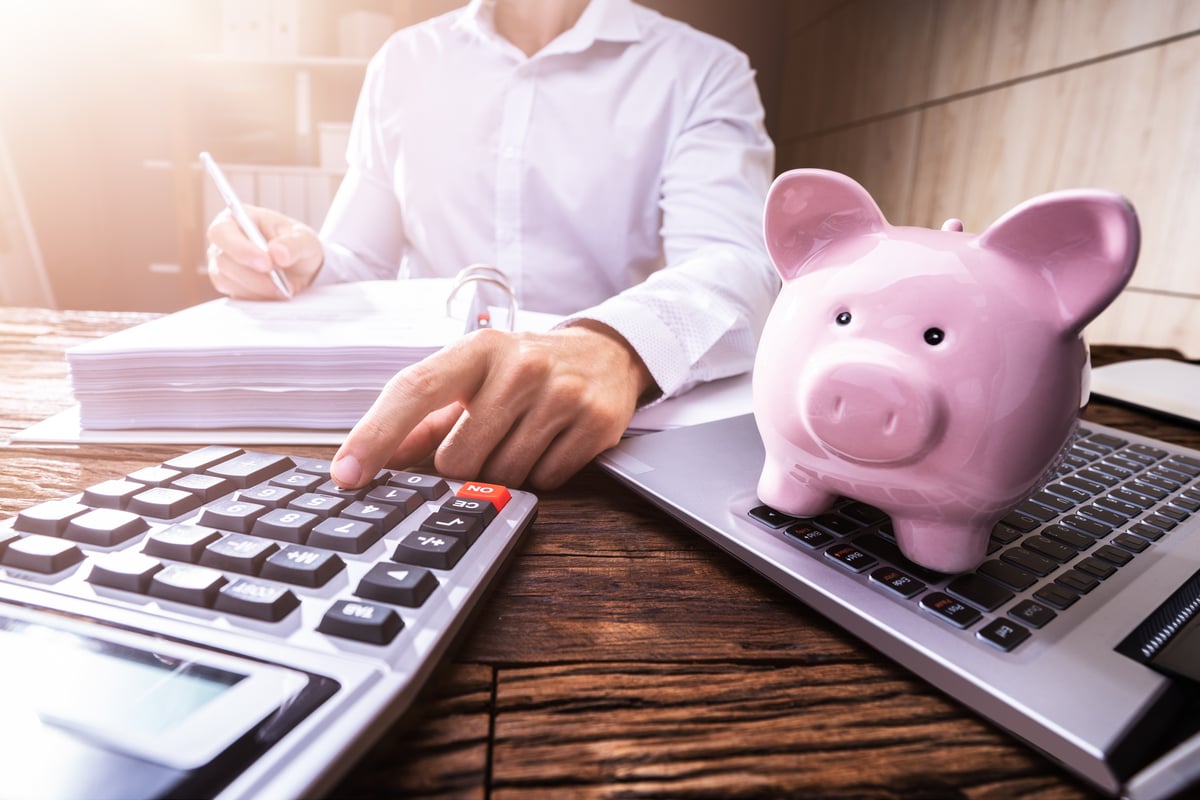
Image Source: Kinder Morgan
As human beings we tend to bristle when it comes to change, however, some change is necessary and good. That's the point Kinder Morgan's (KMI +0.67%) founder Richard Kinder wanted to get across to investors on the company's most recent conference call in light of all the change it made over the past few months. While some of the changes the company made are painful in the near-term -- such as its decision to cut its dividend 75% -- these changes put the company in a stronger position for the long-term. Here's what he had to say about how the changes the company made lead to a simple strategy going forward.
The foundation hasn't changed
Kinder started off his strategy secession by saying:
The first point I would make is that this quarter's results again demonstrate that we remain a strong generator of cash even in these chaotic times for the energy sector.
Kinder wanted to make it clear that Kinder Morgan's underlying business remains solid amid one of the deepest downturns to hit the energy patch in decades. That underlying strength was evident in the company's first-quarter report, which showed that distributable cash flow had barely budged over the past year despite a significant slide in oil and gas prices.
That's not to say the company isn't facing challenges, because it is -- due to its direct exposure to oil prices in its carbon dioxide segment as well as its exposure to the coal sector in its terminal segment and some volume exposure on its pipelines. However, despite these tough times the company's cash flow remains solid because Kinder Morgan is built on a foundation of fee-based assets, which it continues to grow, helping to mute the limited exposure it does have to commodity prices.
Here's what has changed
Kinder then continued with what is changing going forward noting:
Second...we do not anticipate any requirement to access the equity markets for the foreseeable future. We also do not see any requirement to access the debt markets for the foreseeable future, except for rollovers in years subsequent to 2016.
Prior to the downturn Kinder Morgan was returning virtually all of the aforementioned cash flow to investors via a very generous dividend while funding growth by accessing the capital markets. Those markets, however, have basically slammed their doors shut to virtually everything energy-related. That forced Kinder Morgan to pivot and fund its growth internally.
While the company generates a lot of cash flow, it's not as unlimited as the capital markets had seemed to be in the heyday. Because of this limitation Kinder noted:
We've again reduced our expansion CapEx...for 2016 and we expect that trend to continue in subsequent years through both high-grading our projects and entering into selective joint ventures. We expect to fund the necessary CapEx out of our cash flow and continue to improve our debt to EBITDA ratio, thereby preserving and strengthening our investment grade balance sheet.

Image Source: Kinder Morgan
With the company limited to its cash flow, it's focusing its capital on just its best projects right now. Further, the company plans to be more strategic in capital allocation, with it choosing to generate some excess cash flow this year to be used to improve its leverage metrics. While its original intention was to reduce leverage by growing earnings, given that the market is acutely focused on leverage in the sector right now, Kinder Morgan is making it a point to pay down some debt to ease the market's concerns and strengthen its balance sheet for the long-term.
Kinder then concluded by saying:
As our cash flow achieves those objectives, funding our CapEx and strengthening our balance sheet, we will obviously have excess cash which we will then use to either raise our dividend, purchase our shares, or for new projects and/or acquisitions, but only if they are solidly accretive to our distributable cash flow per share.
Going forward, Kinder Morgan won't initially be the dividend growth darling it was in the past. Instead, it's going to be much more strategic with how it allocates its excess cash flow, possibly using it to buy back stock, fund incremental growth, and increase the dividend. It's a strategy the company believes will put it in a much stronger position to both create value for the long-term, while enabling it to be in an even stronger position to weather future storms in the energy patch.
Investor takeaway
While the foundation of Kinder Morgan hasn't changed, it's strategy is shifting. The company is no longer going to rely on the capital markets to fund growth, instead using its copious cash flow to do that. While that means the dividend is unlikely to return to its formerly lofty level anytime soon, the company believes this strategy is much more battle tested than its previous one, which was just too reliant on outside factors for its success.






